Dutch law is merciless when it comes to driving under the influence of cannabis. If you have THC in your blood, you will pay for it. Not only recreational users are punished, but also those who use cannabis for medicinal reasons. Why this does not actually help road safety is explained in an exclusive multi-part series from the Cannabis News Network.
Unless stated otherwise, all information obtained in this article comes from the Cannabis News Network’s video clip.
Since 1 July 2017, police have been testing drivers not only for alcohol, but also for other substances such as amphetamine, cocaine and cannabis. Anyone who is over a given limit will face criminal charges. Something that sounds sensible in theory turns out to be a damp squib in practice. First, let us look back.
In the past, the situation was that if there was any suspicion of drug use, the police would question the driver. Drivers who admitted consumption had to hand over their driving licence, which was sent to the Dutch Driving Licence Authority, the Centraal Bureau Rijvaardigheidsbewijzen (CBR). This was the start of a bureaucratic nightmare.
Why the new legislation is nonsense
If there is any suspicion of drug use, the police is entitled to carry out an on-the-spot saliva test. If the result is positive, then a blood test is required.
For alcohol, tables have existed for some time that pair up given levels of alcohol with given levels of punishment. The determining factor is the extent to which a person’s ability to drive is impaired. In other words, the more someone has drunk, the tougher the penalty. There are similar tables for cannabis as well, but that’s where the problem starts.
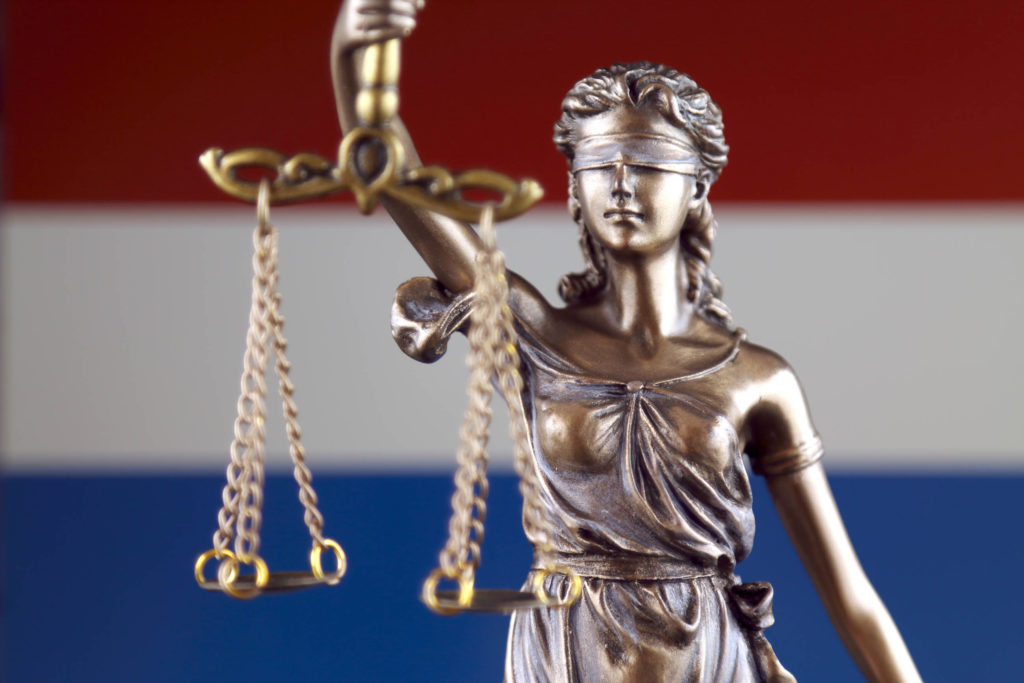
The effects of cannabis are different to those of alcohol. Whether someone has THC in their blood or not is no indication of whether they are capable of driving. It’s quite possible for someone to smoke a joint in the evening and still have an excessive level of THC in their blood the next morning. The law discriminates, in particular, against people who use cannabis for medicinal purposes.
It’s also noticeable that the courts are much harsher for cannabis than for alcohol. In an interview with Cannabis News Network, lawyer Ilonka Kaman suggests that the penalties are “disproportionately high”. With just 3 micrograms of THC per litre of blood (by way of comparison, in Colorado the threshold is 5 micrograms), the fine is €850 and you lose your driving licence for six months. This level of punishment corresponds to a blood-alcohol concentration (BAC) of 0.16%, which is more than three times the legal limit!
It’s even more alarming if you look at the punishments for combined consumption. In that case, the minimum measurable levels apply – a BAC of 0.02% and 1 microgram of THC. These blood levels could realistically be found in someone who drank a beer an hour ago and had smoked a joint 24 hours previously.
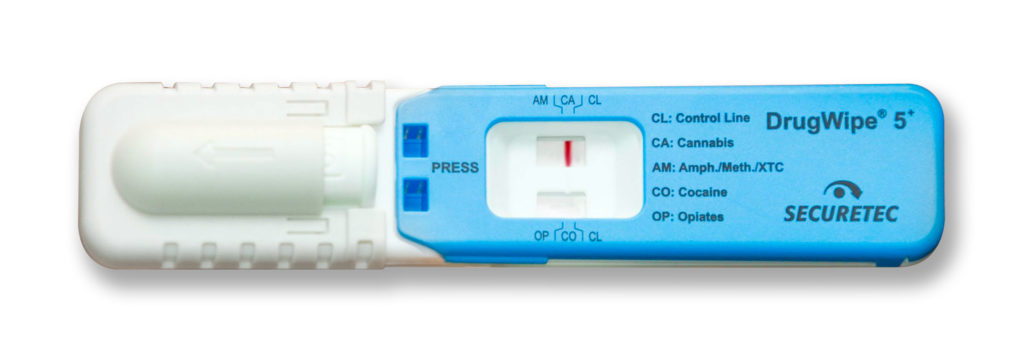
How alcohol and cannabis affect your ability to drive
Kaman is highly critical of the law as it stands, because it is based on the assumption that cannabis has a negative effect on the ability to drive. However, it’s unclear whether that is actually the case. Reliable scientific studies do not exist, as Professor Robert Verpoorte confirms.
One person who knows a lot about this subject is Saskia de Craen. As a scientist, she’s been studying the field of road safety for many years. Like alcohol, cannabis slows down reaction time, which has a negative effect on a person’s ability to drive. Cannabis users notice this and adapt their driving style accordingly. They generally drive more slowly and more defensively, as tests in the US have shown.
The situation is completely different with alcohol. Alcohol removes inhibitions and causes drinkers to underestimate the risks. You only have to look at the accident statistics to see exactly the effects it has. Da Craen estimates that in the Netherlands alone, between 75 and 114 people die in road traffic accidents caused by alcohol.
Experts criticise the THC thresholds applied. They also regret that some other substances are not even covered by the legislation, such as benzodiazepines like valium, for example, which are known for their narcotic effect.
Politicians like simple solutions
When defining the THC threshold, the Ministry of Justice and Security based its approach on a study by Dr Franjo Grotenhermen. This doctor later clearly criticised the way the legislation was enacted. He said that it’s impossible to define a THC value that sets apart those who are fit to drive from those who are not.
So how did the current, often criticised situation come about? “Politicians like simple solutions,” explained Dr Grotenhermen in an interview with Cannabis News Network. The current legislation in the Netherlands seems to be a prime example of what happens when dogmatic and populist solutions become a reality – a dangerous reality, with far-reaching consequences for those affected.
Recreational users and patients are treated the same way
The law makes no distinction between recreational users and patients who may be using cannabis for medicinal purposes. Ka-Chun Cheung from the Dutch pharmacists’ association has raised the alarm with the relevant authorities. He estimates that around 1 million people have been unfairly criminalised by the new law.
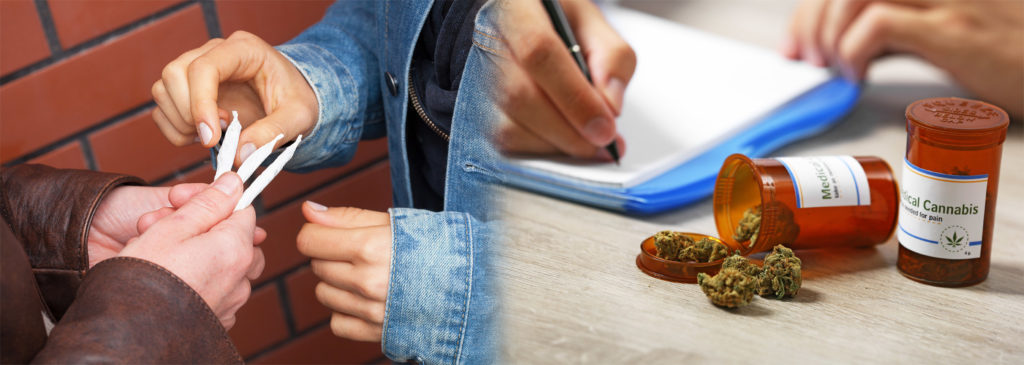
One of them is Marjon Fisher. Since the age of 17, she has suffered from epilepsy. For her, cannabis is a blessing. Only because she regularly consumes CBD oil can she now do things that seem perfectly normal to other people, such as reading or driving a car. But Marjon is worried: “What does the fact that I have cannabis in my bloodstream mean for my insurance? Am I insured? Am I breaking the law?”
As in most other European countries, CBD is legal in the Netherlands. So Marjon is entitled to join the traffic on the roads. But it becomes problematic if she causes an accident. In that case, she risks a fine of €850 and losing her driving licence for up to 6 months. In addition, her insurance could refuse to pay out anything.
The law is not just unfair, it is dangerous
Marjon is adamant that she can drive her car safely despite consuming cannabinoids. She knows that CBD does not make her high. Even if the effect of medication on ability to drive is not yet one hundred per cent clarified, many experts are giving it the all clear.
Saskia de Craen, who works in the field of road safety as a scientist, believes that banning the medication is the greater evil: “Medicinal cannabis, for example, for people who are well aware of the impact on their ability to drive, these people would probably drive less safely without the cannabis.
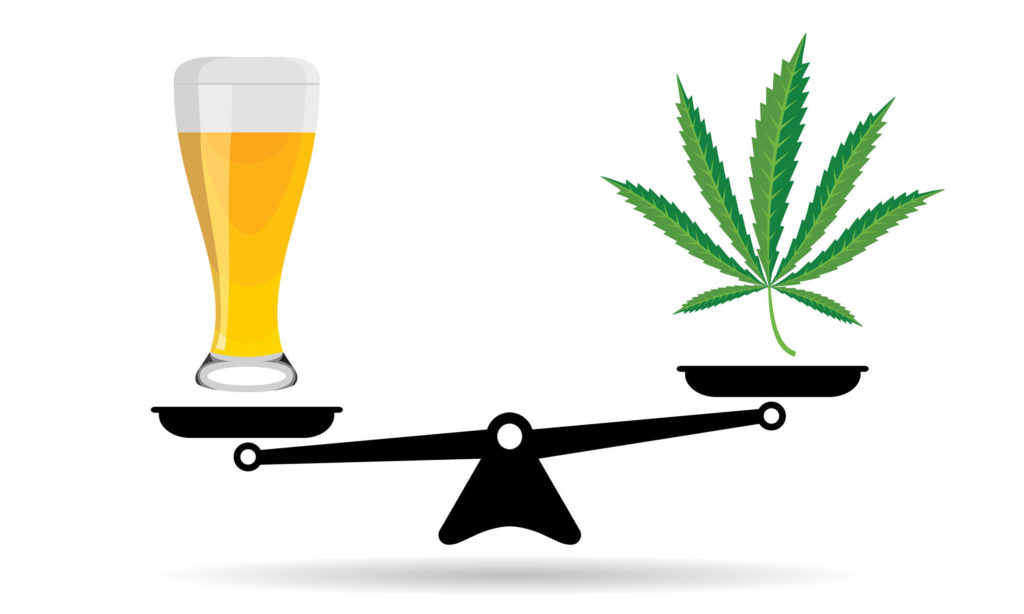
Ka-Chung Cheung believes the same thing. He’s demanding an urgent amendment to the law. The Ministry of Justice was not available for an interview with the Cannabis News Network. In a written opinion, they stated that a new solution was actively being sought that could combine road safety and the needs of medical patients.
- Disclaimer:While every effort has been made to ensure the accuracy of this article, it is not intended to provide legal advice, as individual situations will differ and should be discussed with an expert and/or lawyer.







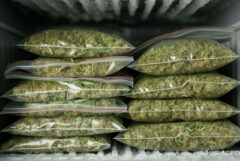


Hello,
I would like to share my opinion on this article.
Here is short about me, I’m 33yers man I’m smoking cannabis since I was 15yers young. I have accomplish to succeed in driving theory and practise with greate results, then I was 31yers young , I’m always high on THC cannabis.
So, from personal research I can suggest that not the cannabis or THC are responsible for our actions. It’s our own responsibility. I’m over 30 and when I drive on high I do understand the circumstances an responsibility of my actions on the way.
Conclusion is that if you are responsible and you feel your self responsible, you would never hit anyone on your way wen driving a car, while before been smoking cannabis.
And I’m wery critical on these law which delegates the punishment for everyone equl.
People are smoking this plant for many various reason. And still counting them self as stable to act.
I Dont drive directly after consuming , I’m waiting for around 1 or 2 hours till the disines gone.
You can punish someone who is lack of responsibility behind the wheel. But not some one who is expirienced and responsible.
Let’s make so,
A car crash on cannabis consumption:
Punishment:
6 month driving license suspension (can be extended).
If job is located within 5km radius than the offender can use a bike.
If there is more than 6km than to keep a car is realy important
3 month of responsibility couching, costs (covering your self).
Drug therapy if trouble maker agree
(cost cover your self).